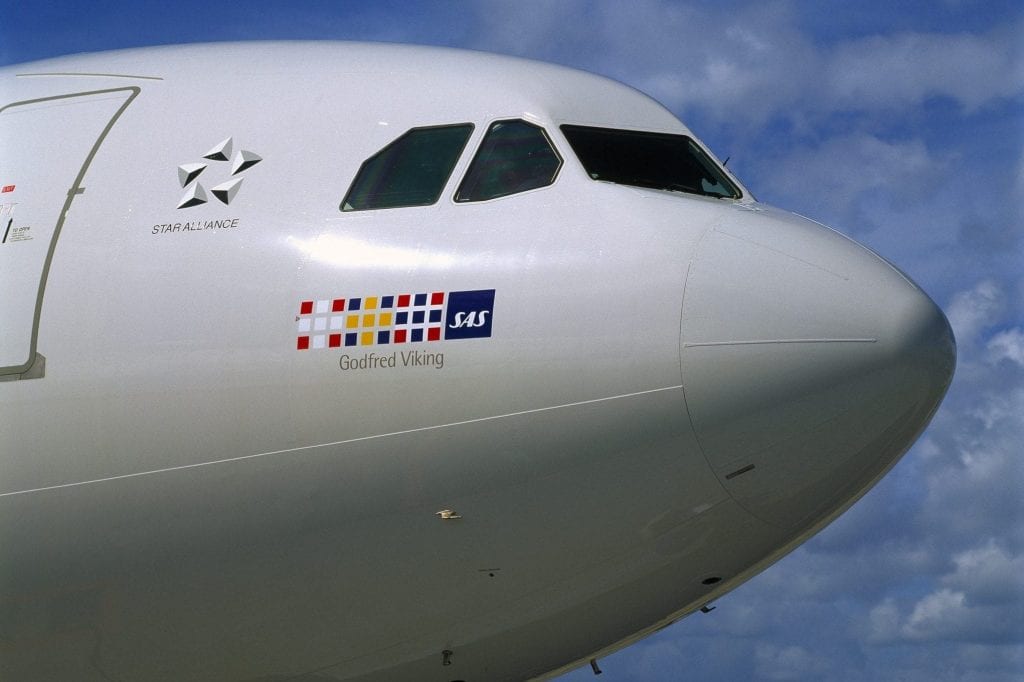Skift Take
It's not just UK airlines that are concerned about Brexit. An acrimonious departure could create uncertainty all over Europe.
The CEO of Scandinavian Airline SAS said Tuesday that the United Kingdom’s departure from the European Union has the potential to impact not only the continent’s aviation industry but the wider economy.
Both the EU and UK have looked to mitigate any disruption to the aviation industry through a number of announcements but there are still plenty of unknowns. Economic forecasts suggest that any Brexit deal is likely to have a negative impact on the UK economy, which could have a knock-on effect to the airline sector.
SAS has a number of flights to and from the UK, serving airports including London Heathrow and Manchester.
“[W]e can only hope, I guess, that we end up in a controlled Brexit scenario rather than a hard Brexit,” CEO Rickard Gustafson told analysts on an earnings call.
“I think that will not have a negative impact on SAS but on European aviation as such. And thereby also by the European economy. So we try to the best of our ability…to plan and prepare but that’s are things that is out of our control.”
The UK government and EU leaders have reached a Brexit agreement, but, crucially, it still needs parliamentary approval in the UK, something that at the moment looks very unlikely.
If a majority of UK MPs reject the proposed agreement, then leaving the EU without a deal in March 2019 looks more likely. While planes will probably keep flying it creates plenty of uncertainty for the industry.
Recently, UK carrier Virgin Atlantic said that the prospect of a no-deal Brexit was fueling caution amongst UK travelers. This followed similar warnings by other carriers, including Jet2.
SAS Earnings
SAS reported revenue for the year to the end of October of $5 billion (44.7 billion SEK), up 4.8 percent on 2017, and a pre-tax profit of $228 million (2 billion SEK), an increase of 18.3 percent.
The good set of results were slightly overshadowed by warnings over the price of fuel and capacity increases in the airline’s markets.
“The average capacity growth in our market over the year is expected to be around 5 percent, which we expect will exceed demand growth. Clearly, this will increase competitive intensity in the market, which may impact our ability to offset any higher fuel prices through ticket prices,” said chief financial officer Torbjørn Wist.
And although Wist acknowledged that fuel prices have fallen in recent weeks he said there was an “expectation that prices will increase.”
The Daily Newsletter
Our daily coverage of the global travel industry. Written by editors and analysts from across Skift’s brands.
Have a confidential tip for Skift? Get in touch
Tags: brexit, earnings, europe, sas
Photo credit: An SAS Airbus 340. The carrier is one of many worried about Brexit. SAS
